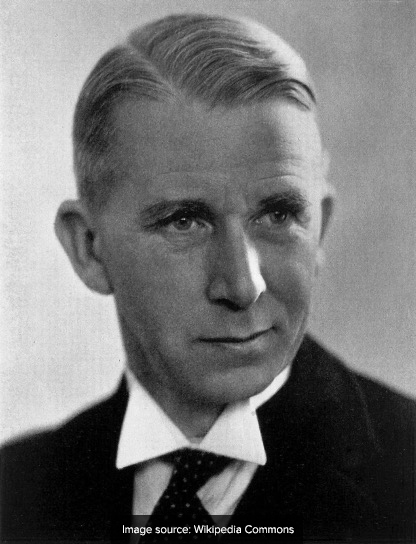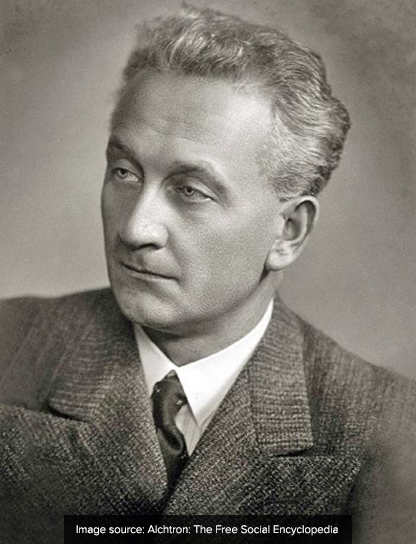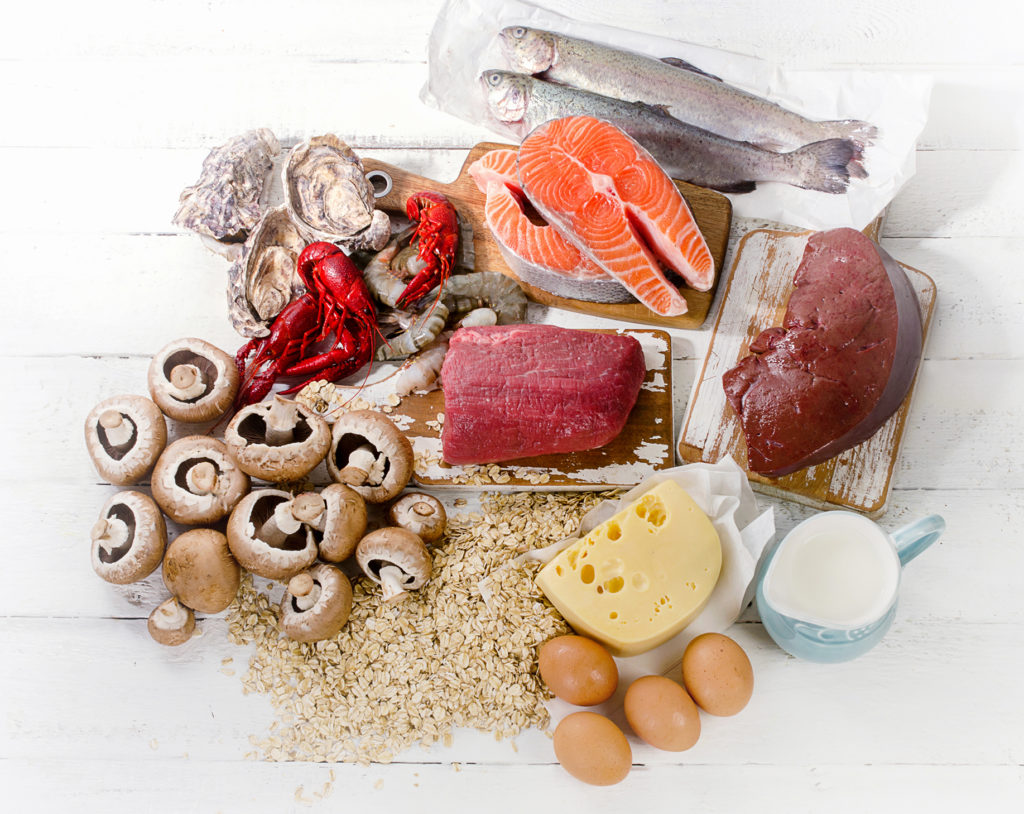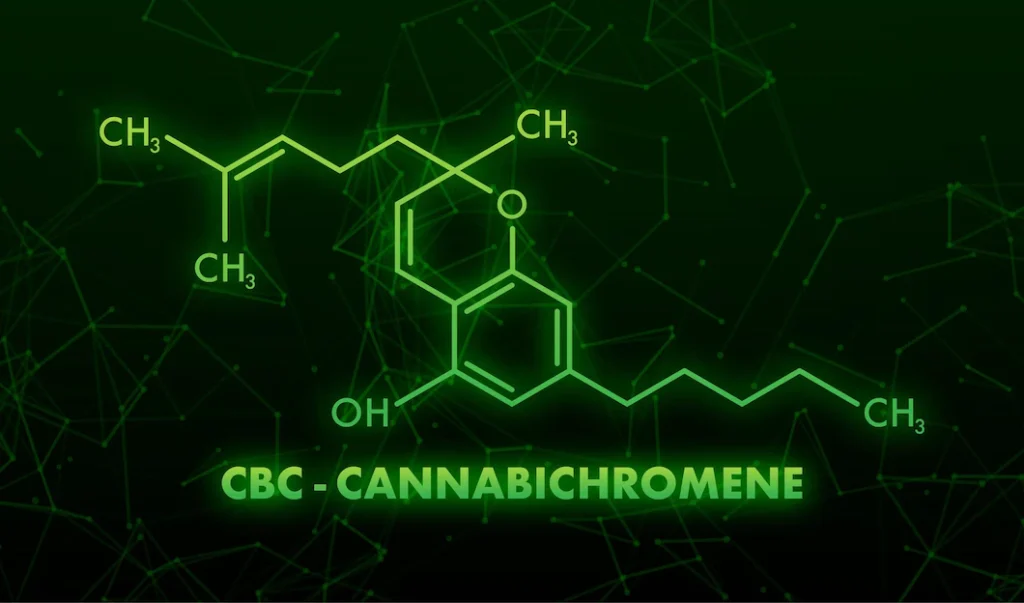
Take Your Vitamins: C & B12
September 9, 2020

Over the next few weeks, we’re going to shift gears to cover a topic that has begun to appear more frequently in the media. This week we’re jumping straight into vitamins and minerals and their connection to our optimal health. Previously, guest writers demonstrated how minerals like glutathione (GSH) are crucial to our overall wellness. Today, vitamin C and B-12 are on the agenda. Both are water-soluble and necessary but are not made naturally by our bodies. For that reason alone, it is necessary that we find high quality, reliable sources to keep our bodies functioning optimally.
Let’s talk about Vitamin C
Vitamin C, and the negative effects when there is a lack thereof, have been mentioned throughout history, even when we initially weren’t able to understand what it was or how vitamin C impacted our bodies. According to New Zealand’s Science Learning Hub, it wasn’t until 1795 that British Navy physician Gilbert Blane recommended a daily ration of “citrus juice” for sailors on board British naval vessels to ward off scurvy. Scurvy is a disease caused by a deficiency of vitamin C that produces bleeding gums and wounds that are unable to heal. The British presence in the Caribbean gave sailors access to an unending supply of limes and lime juice as a remedy for scurvy, leading to their nickname: “limeys.”

In 1928, Hungarian biochemist Albert Szent-Györgi isolated an organic agent (from plant juices) he named “hexuronic acid.” Four years later, British chemist Walter Haworth determined the molecular structure of hexuronic acid and renamed it ascorbic acid, known today as vitamin C. One year later, in 1933, Haworth and his team synthetically recreated ascorbic acid in the lab. By 1937, the Nobel Prizes were awarded in Medicine to Szent-Györgi1 for his discovery of vitamin C and to Haworth2 in Chemistry for his work with vitamin C.


History has demonstrated the multifaceted value of vitamin C and because we are unable to generate vitamin C internally, we must acquire our vitamin C via food and supplements. Vitamin C, or ascorbic acid, is necessary for the growth, development, and repair of tissues in the body. It is known to help support iron absorption,* support a healthy immune system,* support a healthy circulatory system and overall heart health.* One of the best sources for vitamin C is in our food. However, because of the severe nutrient depletion in soil, due to high yield farming techniques such as tilling, and the rise in carbon dioxide in the atmosphere, most of the population is not receiving recommended levels of nutrients.3,4
Vitamin C in Food
Many of the foods high in vitamin C are the very ones we fought against eating throughout childhood. Our parents knew what they were talking about when they tried to get us to eat those leafy greens and sprouts! Foods with the highest sources of vitamin C include:
- broccoli, brussels sprouts, and cauliflower
- green and red peppers
- spinach, cabbage, turnip greens, and other leafy greens
- sweet potatoes
- tomatoes and tomato juice
- winter squash

Consuming foods that are high in vitamin C, or supporting your nutrition with a vitamin C supplement, contributes to your overall health and wellness. Vitamin C not only helps support your immune and circulatory health,* as previously mentioned, but it also supports healthy cognitive function and memory.* Several studies have shown that people suffering from declining cognitive function have lower blood-levels of vitamin C.5 Other studies show that high vitamin C intake from food and/or supplements offers a protective effect on thinking and memory as we age.6,7,8 Another reason people take vitamin C is to help support their immune systems.* Vitamin C encourages the production of white blood cells which are called in to help fight infection.9 Lastly, researchers continue to find that vitamin C supports overall heart and circulatory system health. Several studies and analyses of studies on hundreds of thousands of participants discuss how vitamin C may help to reduce risk factors surrounding any challenges with heart and circulatory health.*10, 11, 12
What about vitamin B12?
Vitamin C isn’t the only essential vitamin our bodies need to maintain overall health; in fact, there are several. First, we would like to focus on the B vitamins. The most well-known, vitamin B12, is the rock star of the B vitamins. Early historical research into vitamin B12 centered around a condition called anemia. Anemia is a condition in which you lack enough healthy red blood cells to carry adequate oxygen to the body’s organs and tissues. It can cause you to feel weak and fatigued. Between 1849 and 1887, several scientists discovered various maladies that seemed to be related to a low levels of vitamin B12, although they didn’t know that at the time. Fast forward to the 1930s , and researchers were able to purify a compound from liver extracts and named it vitamin B12. By 1955, the structure of vitamin B12, or cobalamin, was discovered by Lord Alexander Todd, a Scottish biochemist. His work was furthered by British chemist, Dorothy Crowfoot Hodgkin when she determined the chemical structure of B12 in 1956. All in all, five people have been awarded Nobel Prizes for their work with vitamin B12, including Todd in 1957 and Hodgkin in 1964, both for chemistry.13


Vitamin B12 in food
Although vitamin B12 is involved in your body’s primary functions, it is not naturally produced by the body. In fact, the majority of vitamin B12 is found in animal proteins and is not naturally occurring in plant-based foods unless fortified to contain B12. Foods that are high in B12 or fortified with B12 include:
- beef, liver, and chicken
- fish, shellfish, such as trout, salmon, tuna, and clams
- fortified breakfast cereals
- low-fat milk, yogurt, and cheese
- eggs

Not only does Vitamin B12 support your eye health*, overall bone growth and development*, healthy skin, hair, and nails*, it also supports healthy cognitive function*, energy production*, red blood cell function,* and nervous system function!* We can thank the Nobel Laureates who discovered the link between B12 and our red blood cells. If we are missing B12 in our diet, then we may not produce enough red blood cells or they may not develop properly, becoming too large and misshapen to travel through our blood vessels. Vitamin B12 is key for developing a healthy brain and spinal cord.*14, 15 Researchers have also found a link between vitamin B12 and overall eye health. A 2009 study of 5,000 women over 40 demonstrated that a daily supplement of B12 may reduce the risk of age-related eye issues.*16 Of course, more studies are needed to fully understand B12’s role in supporting eye health.
Vitamin B12 also supports emotional balance as well. Studies show that B12 play a role in synthesizing and metabolizing serotonin,* a chemical partially responsible for regulating mood.17 B12 is also credited with supporting a rise in energy levels*—something we can all use!

Due to B12’s processes involved in cell production it plays a role in supporting healthy hair, skin, and nails.* Lastly, B12 helps support healthy cognitive function, especially regarding the challenge of age-related declines.* There have been several studies on B12 and cognitive health. Two studies conducted on older populations in 2016 demonstrated that supplementing with vitamin B12 may support improved cognition18 and memory.19* Even though these findings are exciting, more research is needed for B12 and cognitive health.
As with all vitamins, vitamin C and vitamin B12 are crucial to our overall health and wellness. Hopefully, this post has served as a helpful introduction to the different vitamins that can benefit us throughout our lives. Be sure to check out our posts on other essential vitamins and minerals including:
- vitamins A, D, and K
- magnesium
Stay tuned for our next post on the Three Musketeers: A, D, and K and how they create a synergistic effect to support our overall health and wellness.
2Norman Haworth – Facts. NobelPrize.org. Nobel Media AB 2020. Fri. 14 Aug 2020
4 Z. X. Tan, R. Lal & K. D. Wiebe (2005) Global Soil Nutrient Depletion and Yield Reduction, Journal of Sustainable Agriculture, 26:1, 123-146, DOI: 10.1300/J064v26n01_10
5 von Arnim CA, Herbolsheimer F, Nikolaus T, et al. Dietary antioxidants and dementia in a population-based case-control study among older people in South Germany. J Alzheimers Dis. 2012;31(4):717-724. doi:10.3233/JAD-2012-120634
6 Paleologos M, Cumming RG, Lazarus R. Cohort study of vitamin C intake and cognitive impairment. Am J Epidemiol. 1998;148(1):45-50. doi:10.1093/oxfordjournals.aje.a009559
7 Wengreen HJ, Munger RG, Corcoran CD, et al. Antioxidant intake and cognitive function of elderly men and women: the Cache County Study. J Nutr Health Aging. 2007;11(3):230-237.
8 Zandi PP, Anthony JC, Khachaturian AS, et al. Reduced risk of Alzheimer disease in users of antioxidant vitamin supplements: the Cache County Study. Arch Neurol. 2004;61(1):82-88. doi:10.1001/archneur.61.1.82
9 Huijskens MJ, Walczak M, Koller N, et al. Technical advance: ascorbic acid induces development of double-positive T cells from human hematopoietic stem cells in the absence of stromal cells. J Leukoc Biol. 2014;96(6):1165-1175. doi:10.1189/jlb.1TA0214-121RR
10 Knekt P, Ritz J, Pereira MA, et al. Antioxidant vitamins and coronary heart disease risk: a pooled analysis of 9 cohorts. Am J Clin Nutr. 2004;80(6):1508-1520. doi:10.1093/ajcn/80.6.1508
11 Ye Z, Song H. Antioxidant vitamins intake and the risk of coronary heart disease: meta-analysis of cohort studies. Eur J Cardiovasc Prev Rehabil. 2008;15(1):26-34. doi:10.1097/HJR.0b013e3282f11f95
12 McRae MP. Vitamin C supplementation lowers serum low-density lipoprotein cholesterol and triglycerides: a meta-analysis of 13 randomized controlled trials. J Chiropr Med. 2008;7(2):48-58. doi:10.1016/j.jcme.2008.01.002
13 https://www.nobelprize.org/prizes/themes/the-nobel-prize-and-the-discovery-of-vitamins-2/
14 Molloy, A. M., Kirke, P. N., Troendle, J. F., Burke, H., Sutton, M., Brody, L. C., Scott, J. M., & Mills, J. L. (2009). Maternal vitamin B12 status and risk of neural tube defects in a population with high neural tube defect prevalence and no folic Acid fortification. Pediatrics, 123(3), 917–923. https://doi.org/10.1542/peds.2008-1173
15 Molloy AM, Kirke PN, Brody LC, Scott JM, Mills JL. Effects of folate and vitamin B12 deficiencies during pregnancy on fetal, infant, and child development. Food Nutr Bull. 2008;29(2 Suppl):S101-S115. doi:10.1177/15648265080292S114
16 Christen, W. G., Glynn, R. J., Chew, E. Y., Albert, C. M., & Manson, J. E. (2009). Folic acid, pyridoxine, and cyanocobalamin combination treatment and age-related macular degeneration in women: the Women’s Antioxidant and Folic Acid Cardiovascular Study. Archives of internal medicine, 169(4), 335–341. https://doi.org/10.1001/archinternmed.2008.574
17 Hintikka J, Tolmunen T, Tanskanen A, Viinamäki H. High vitamin B12 level and good treatment outcome may be associated in major depressive disorder. BMC Psychiatry. 2003;3:17. Published 2003 Dec 2. doi:10.1186/1471-244X-3-17
18 Köbe T, Witte AV, Schnelle A, et al. Vitamin B-12 concentration, memory performance, and hippocampal structure in patients with mild cognitive impairment. Am J Clin Nutr. 2016;103(4):1045-1054. doi:10.3945/ajcn.115.116970
19 Oulhaj, A., Jernerén, F., Refsum, H., Smith, A. D., & de Jager, C. A. (2016). Omega-3 Fatty Acid Status Enhances the Prevention of Cognitive Decline by B Vitamins in Mild Cognitive Impairment. Journal of Alzheimer’s disease : JAD, 50(2), 547–557. https://doi.org/10.3233/JAD-150777
About Zilis’ Scientific Research & Development Department
Our Scientific Research and Development Department is headed up by Dr. Marielle Weintraub, a hemp industry expert. She holds a master’s and a PhD in Behavioral Neuroscience and is very active in many dietary supplement and hemp industry trade associations, including her role as the current President of the U.S. Hemp Authority. Dr. Weintraub is committed to the continued development of hemp-specific information and testing to fulfill the Zilis mission.
Science posts for Discover are co-researched and co-written by Kelly McGill, Senior Scientific Technical Writer at Zilis. Kelly holds a bachelor’s degree in English and a master’s in Linguistics / TESL. She has been writing science-related content for over 20 years and is an expert in making difficult concepts easy to understand.
Zilis is the creator of UltraCell™, a CBD oil product derived from hemp. Based in Argyle, Texas, a suburb of Dallas-Fort Worth, Zilis is privately held. Visit zilis.com for more information.
SHARE THIS POST
ABOUT THIS BLOG
Discover : The blog with the lifestyle, nutrition, science, and history of the hemp industry.
It’s your go-to for the most up-to-date information on hemp, CBD, dietary supplements, and more! Check it out!







